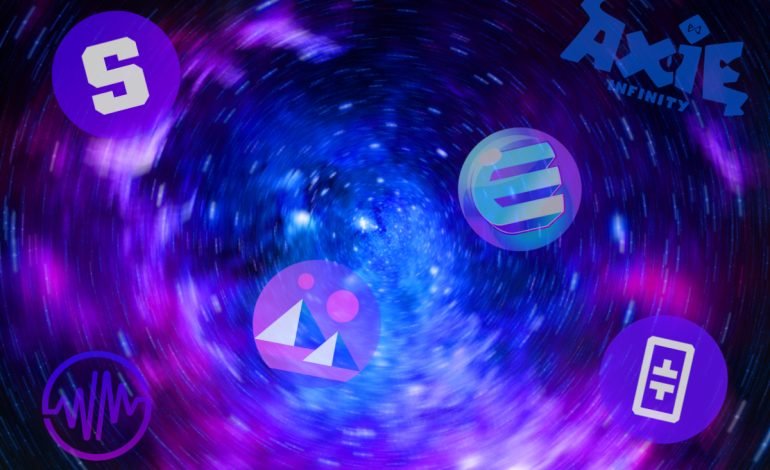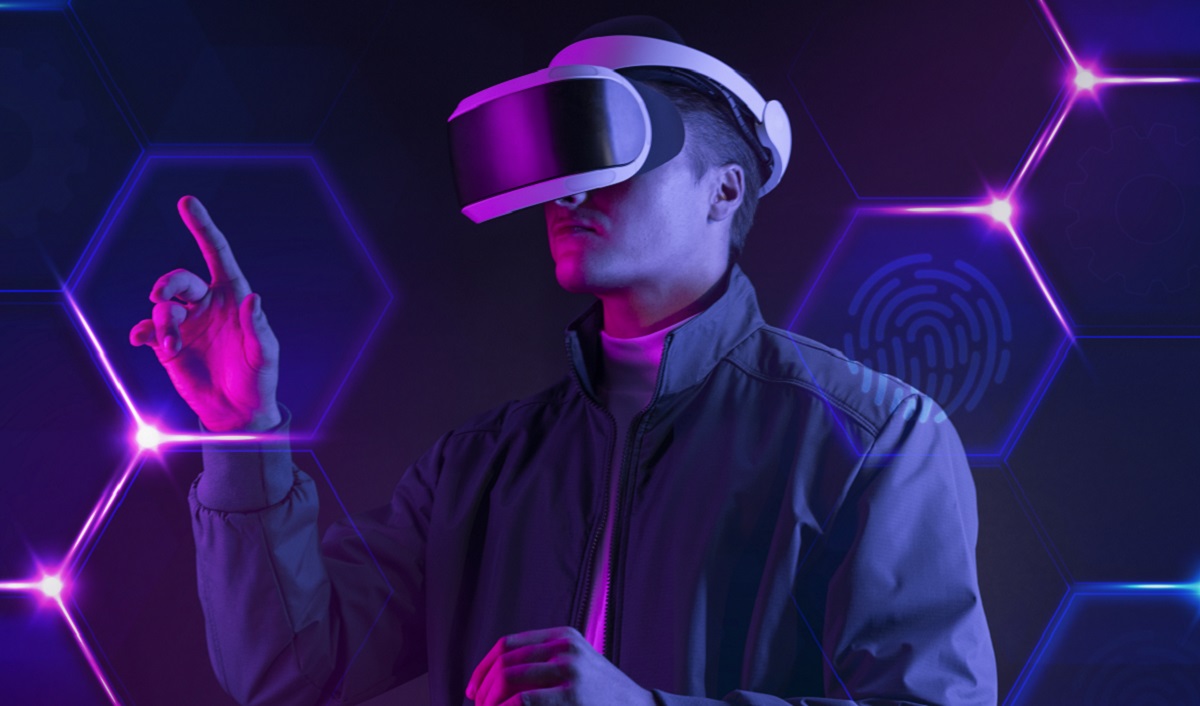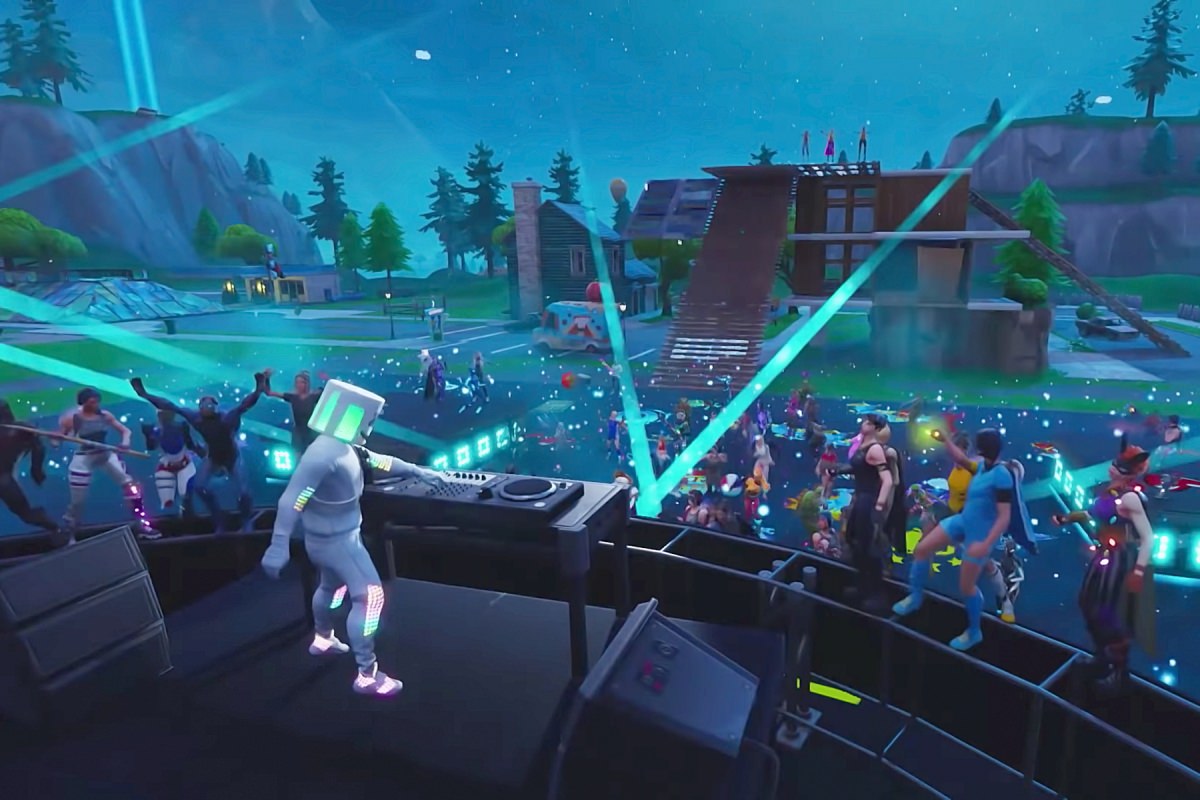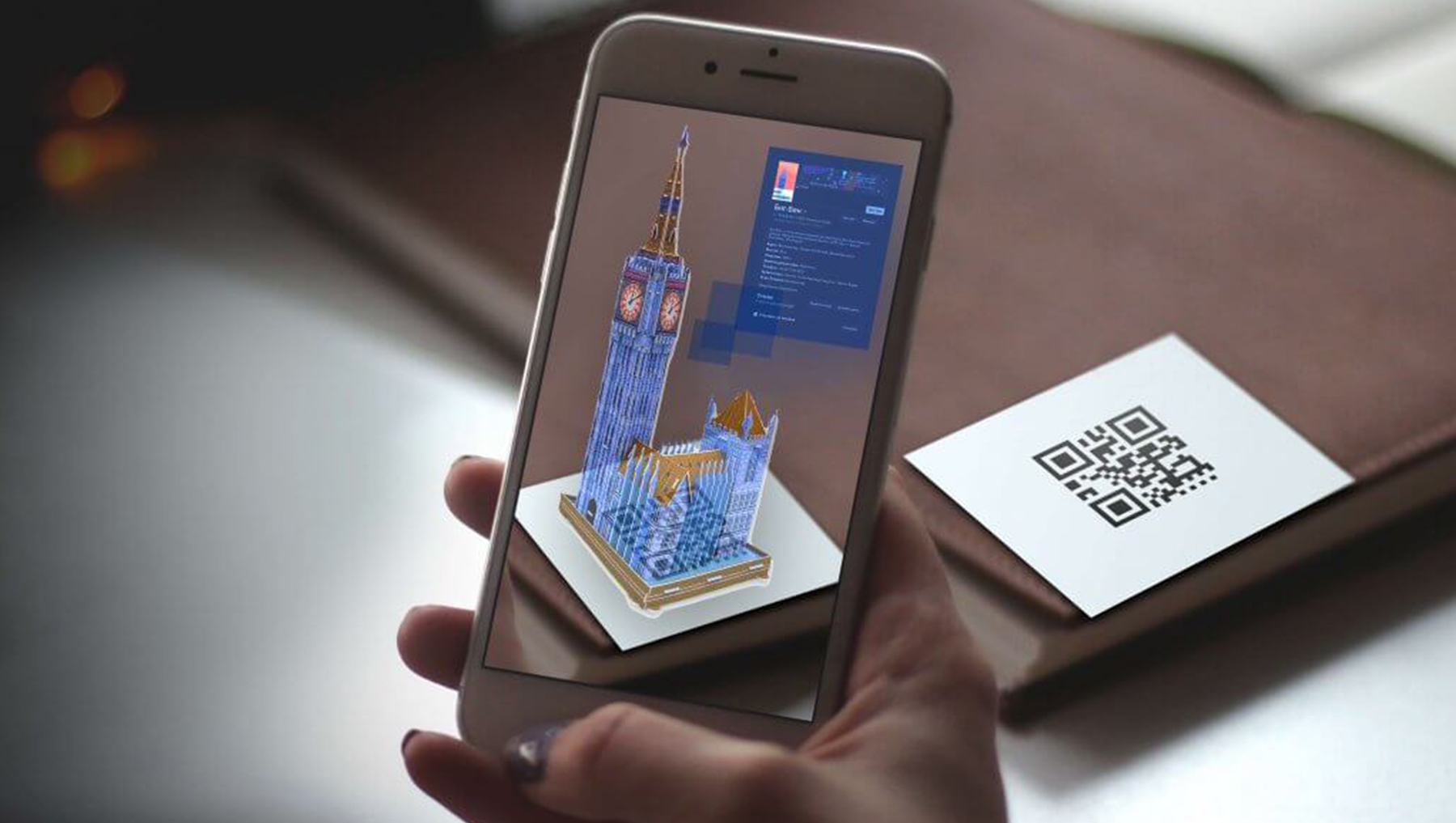Why Metaverse Worlds are the Future of Online Interaction?
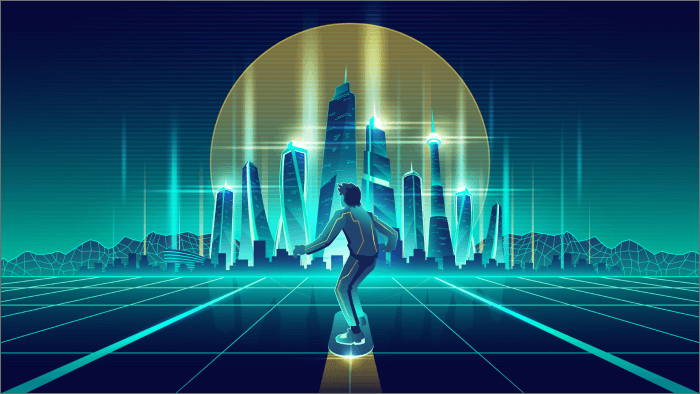
The future of online interaction isn’t virtual reality, augmented reality, or mobile; it’s the combination of all three in one seamless experience. We’re talking about metaverse worlds, poised to change how we live our daily lives as we know them. So what exactly is this metaverse? Who created it, and how can you go about creating your own? What will it mean for social networking, business interactions, e-commerce, etc.? These are all questions we will explore today in our discussion on why metaverse worlds are the future of online interaction.
VR Applications in Social Media
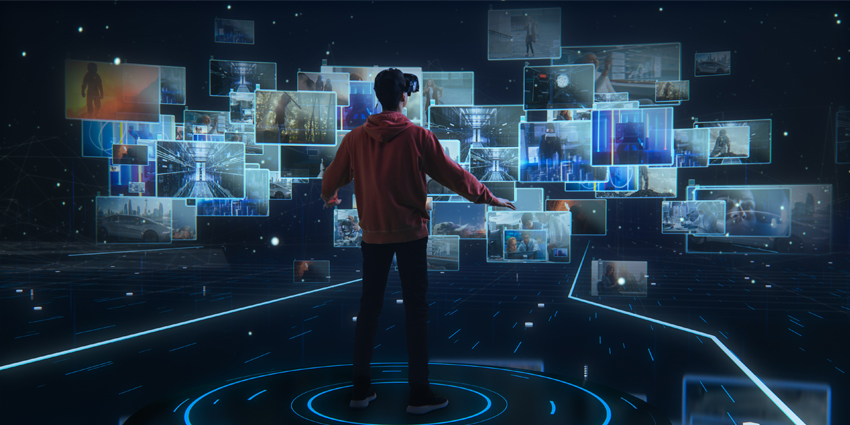
In today’s day and age, people spend a lot of time on social media. Studies show that an average American consumes as much as two hours daily on various forms of social media (Facebook, Twitter, Instagram). While currently, these platforms don’t offer an immersive VR experience (although Facebook is working on Oculus Rift support), we can still foresee future potential in them.
Once they introduce virtual reality into their platforms will dramatically change our daily interactions with friends and family. It would essentially remove any distance limitations between people on different continents or those not located in your area. If a friend in France wants to have dinner with you tomorrow night, you could invite them to your house and show them around town virtually.
You could even host a meeting with colleagues from across the metaverse worlds without travelling anywhere. The possibilities are endless! With such massive benefits, businesses would want to get involved too. Instead of attending conferences, companies could hold virtual meetings where all participants are represented by avatars and can participate via their computers.
VR Applications in Education
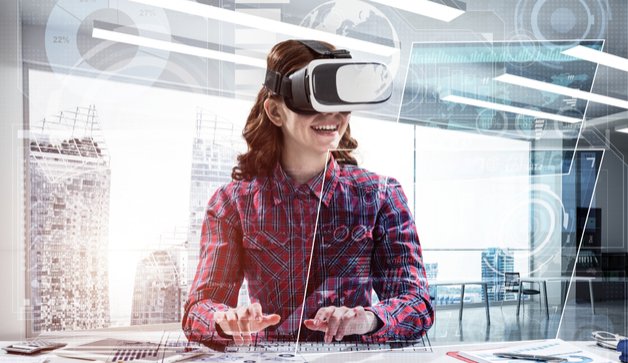
Virtual Reality technology has already started becoming an integral part of our lives. Virtual reality is rapidly changing how we do things in fields as diverse as military training, architecture and medicine. It has been predicted that by 2016, more than 100 million people will be using VR devices for entertainment purposes alone.
More recently, VR devices have been getting attention due to their unique educational applications. Several universities, such as Stanford University and MIT, have joined with Google to form Expeditions Pioneer Program. Students will soon be able to experience walking through ancient Rome or taking a walk on Mars from their classrooms using low-cost cardboard VR viewers, costing approximately per piece.
This program could help children learn about history and geography in entirely new ways. While it may take some time before VR becomes mainstream, it is clear that its scope extends far beyond gaming into multiple other sectors, including healthcare, education and retail.
VR Applications in Gaming
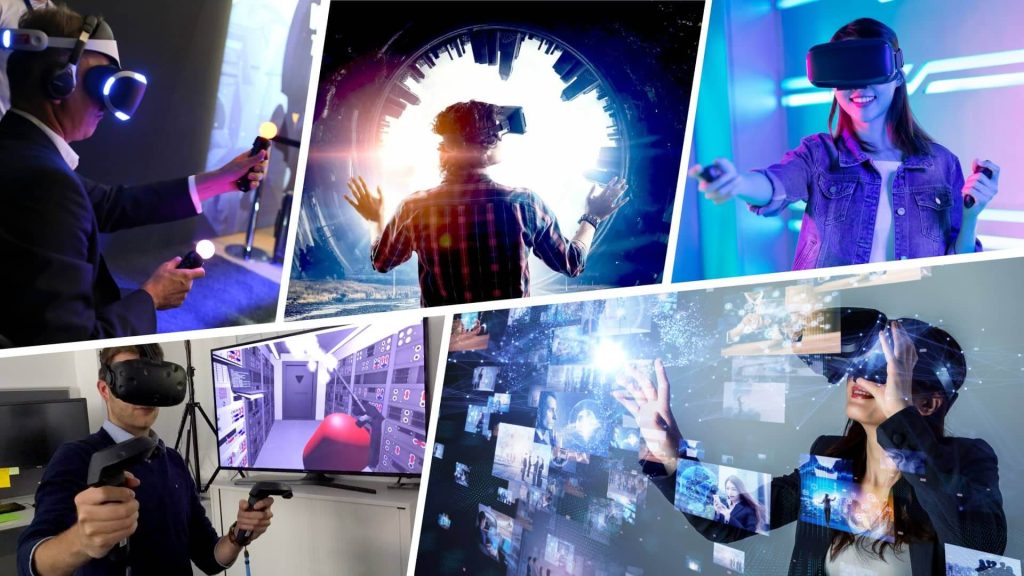
Augmented Reality (AR) and virtual reality (VR) have been big buzzwords over recent years, especially in gaming. AR games place digital objects onto real metaverse worlds locations, while VR games create a fully immersive game environment with only limited visibility of natural surroundings. While both concepts may seem similar at first glance, they differ widely in use cases and can even contradict each other in some respects.
It is also important to note that by no means do all VR applications end up as video games! Apart from communication between two or more people, there is an endless list of possible applications for virtual reality, including everything from education to therapy to shopping. The most famous examples of VR gaming include Oculus Rift, HTC Vive and PlayStation VR.
Even though these devices are still relatively new, it is already clear that their impact will be far-reaching: many experts predict that nearly half of all online interactions will take place in metaverse worlds within ten years. This trend has already started and has quickly become one of the hottest trends in technology.
In addition to video games, numerous other sectors could benefit from a shift towards VR technologies. These include retailing, business meetings, and live events such as concerts and sports.
Other markets are affected by VR.
Because VR gives you complete control over your online experience, it can impact almost any other type of online interaction. More and more industries have been using or experimenting with VR. For example, it’s been used to create walkthroughs for homes or hotels, training simulations for police officers, and even 3D renders that let architects manipulate buildings.
The metaverse worlds will make all of these uses possible (and many more) without ever having to leave your house. There’s no limit to what could accomplish in a virtual world; imagine a court system where all courtroom proceedings take place virtually so lawyers can travel from case to case as needed. Or a business world where you can appear at meetings from anywhere in the world. The possibilities are endless.
As we mentioned earlier, governments will also benefit by being able to train new workers remotely through VR environments instead of spending money on physical spaces and equipment. But some markets will get hit harder than others, such as healthcare providers who rely on face-to-face interactions with patients when they visit clinics.
This sector will likely have to adapt its ways if they want to stay competitive within its industry since technology, in general, is becoming increasingly integrated into everyday life.
FAQ Most Frequently Ask Question
How is the Metaverse changing the world?
The 2D Internet we are all presently using will be replace by a 3D, fully immersive digital world Internet. The Metaverse will change how we learn, earn our livings, and connect, just like the emergence of the 2D Internet in 1995. The Metaverse is evolving out of the gaming world.
How can Metaverse change our life?
The Metaverse cannot change that situation, but it can offer real-life experiences in so many other realms as close as possible. Whether it’s travel, online casino play, a personalised experience or a simple trip to the shops, the Metaverse has the potential to revolutionise our everyday lives.
How long does it take to develop a metaverse?
Considering its thriving creator economy, Meta could launch a working prototype in 2-5 years. The Californian chipmaker isn’t directly building its metaverse platform, yet it will be a crucial enabler. The company calls its solution Omniverse – a solution that connects 3D worlds into a shared virtual universe.
Does Metaverse have a cryptocurrency?
Decentraland is another Ethereum network-base metaverse experience. Participants can use the native token MANA to purchase virtual land and develop it for games and other occasions, as well as for avatars and digital accessories.

